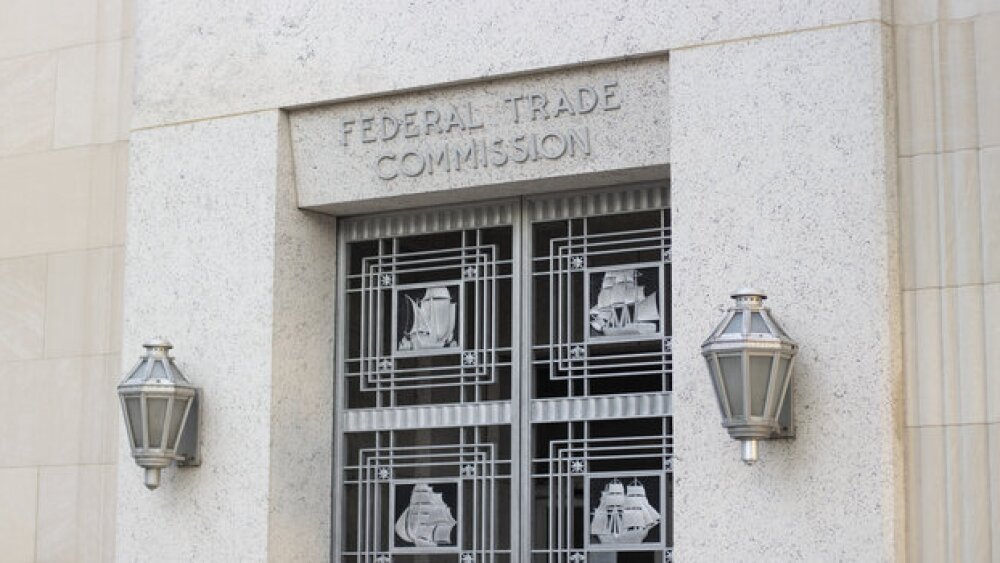Senator Elizabeth Warren told the Federal Trade Commission that the acquisition of contract manufacturer Catalent could increase Novo’s dominance over the hot GLP-1 market, reducing competition and increasing prices.
Novo Holdings rocked the pharma world in February when it announced the $16.5 billion acquisition of contract development and manufacturing organization Catalent. Under the deal, Novo Nordisk plans to take three of Catalent’s manufacturing sites to bolster production of its blockbuster diabetes drug Ozempic and weight-loss medication Wegovy. However, Sen. Elizabeth Warren (D-Mass.) in a letter this week to the Federal Trade Commission voiced concerns about the effects of such a deal, should it go through.
In Wednesday’s letter to FTC Chair Lina Khan, Warren warned that Novo “commands a 55% share of the exploding market for drugs used to treat obesity and Type 2 diabetes, primarily through sales of its blockbuster drugs Ozempic and Wegovy” and that the company “has a history of trying to restrict competition and maximize profits on these drugs.”
Warren’s raising of a red flag over the Novo-Catalent deal comes as obesity rival Eli Lilly’s tirzepatide is no longer on the FDA drug shortage list. At the same time, Novo appears to still be having trouble with its semaglutide supply as the lowest dose of weight loss drug Wegovy continues to be in shortage.
BMO Capital Markets’ Evan Seigerman in a note to investors last week noted that the ability to keep up with demand is “a key differentiator” for Lilly as it continues to steal market share from Novo. The Catalent deal could shift the equation in Novo’s favor, however.
Jefferies analyst Peter Welford in a note to investors last month said that by bringing the three Catalent sites in-house, Novo “could markedly increase” its U.S. fill-finish capacity for Wegovy. Citing a call with a former general manager and site head at Novo, Welford said the “expert thinks it is feasible to double the theoretical capacity in a few years.”
Other analysts have similarly told BioSpace that Novo Holdings made the right decision in buying the CDMO to increase manufacturing capacity for Novo Nordisk’s diabetes and weight-loss drugs.
But the acquisition is not yet a done deal, with the FTC still reviewing the proposed transaction. Warren is now appealing to the agency to carefully consider all facets of the deal, including the fact that Lilly currently relies on Catalent for producing some of its own GLP-1 supply. If Novo takes over, it could impede Lilly’s ability to manufacture competing supplies of its blockbuster drugs, Warren argued in her letter.
The deal could give Novo “unprecedented visibility into and control over its competitor’s production capacity, costs, and business practices,” she wrote, “and the ability to preference its own products and obstruct its competitors’ use of Catalent to produce GLP-1 drugs.”
It’s a fear shared by Lilly executives. CEO David Ricks said in a Q2 earnings call in August that the company remains concerned about the Novo-Catalent deal.
“We do rely on one of the Catalent sites for GLP-1 and other diabetes production. It’s more the oddity of your main competitor being also your contract manufacturer and how to resolve that situation,” Ricks told analysts. “We’ve aired those concerns publicly and privately since the proposed transaction was announced, and we’re waiting to see what happens.”
Much speculation remains on what the Catalent buy means for existing customers such as Lilly and what the consequences might be on the regulatory front in terms of potential antitrust issues as the European Medicines Agency investigates the possible impacts on drug supplies. Here in the U.S., Warren has urged the FTC to “closely scrutinize this acquisition and block any activity found to be illegal under antitrust law.”
While William Blair analyst Max Smock suspects that the deal will proceed, closing toward the end of the year, the FTC’s review can’t be completely dismissed as a rubber stamp. Under Khan’s leadership, the FTC has an aggressive antitrust record and Big Pharma has been in the crosshairs.
Correction (Oct. 11): The headline of this story has been updated to avoid implying that Novo Nordisk itself, and not Novo Holdings, has a bid to buy Catalent.






